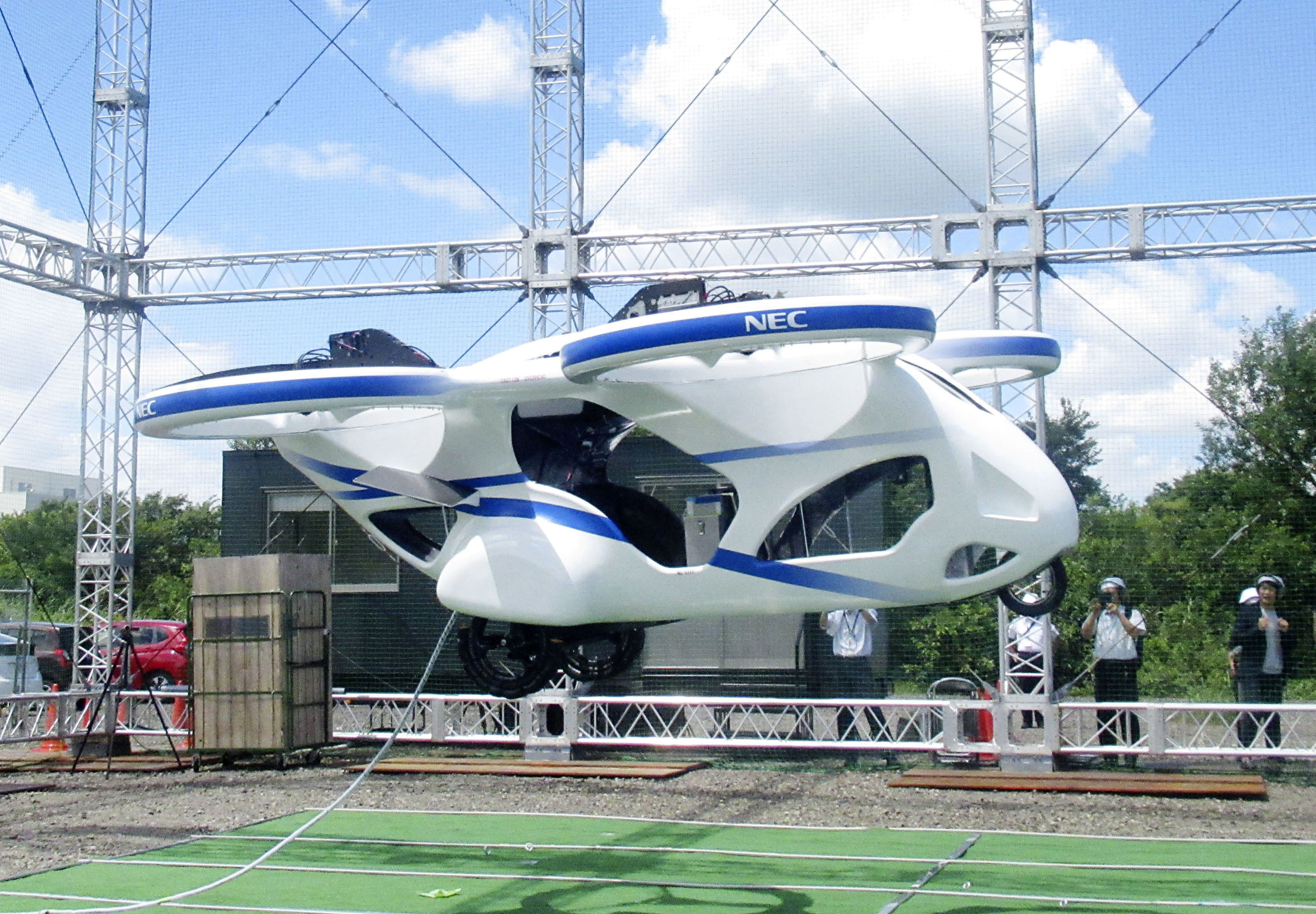
The Fourth Industrial Revolution represents a fundamental change in the way we live, work and relate to one another. It is a new chapter in human development, enabled by extraordinary technology advances commensurate with those of the first, second and third industrial revolutions. These advances are merging the physical, digital and biological worlds in ways that create both huge promise and potential peril. The speed, breadth and depth of this revolution is forcing us to rethink how countries develop, how organisations create value and even what it means to be human. The Fourth Industrial Revolution is about more than just technology-driven change; it is an opportunity to help everyone, including leaders, policy-makers and people from all income groups and nations, to harness converging technologies in order to create an inclusive, human-centred future. The real opportunity is to look beyond technology, and find ways to give the greatest number of people the ability to positively impact their families, organisations and communities.

Digital Trade in a Post-COVID World
Join us for an online briefing organised with the South China Morning Post on 2 September 2020 with experts from Zillingo, Airwallex, Zoom and HKMA.

How can Africa succeed in the Fourth Industrial Revolution?
It's vital that young people are offered the tools to be successful in a digital-first economy, writes the African Development Bank’s Hanan Morsy.

This new technology could change how we study ocean life
A new microscope, developed at Stanford University, offers for the first time a way to track and measure sea plankton's behaviors and molecular processes.

Towards Responsible #AIforAll in India
India is striving to balance innovation and regulation of artificial intelligence. Responsible #AIforAll will put ethical AI principles into practice.

3 reasons why responsibly-deployed technology is key to the COVID recovery
The technologies that have helped countries survive the pandemic could exacerbate inequality if they are not deployed appropriately.

Liftoff: Japan's ambitious flying-car plan
The Japanese government is investing in flying cars, with the aim of commercializing the mode of transport as soon as 2023, the Japan Times reports.

Private or public: What's really driving technological innovation?
Global innovation is being driven and financed by firms whose priorities may not reflect those in wider society, writes Dani Rodrik, Professor of International Political Economy at Harvar...

5 lessons for investing in humanitarian tech
From supporting local teams to setting the right metrics for success, here's what UNICEF has learned from five years of investing in humanitarian tech.

स्ट्रैटेजिक इंटेलिजेंस क्या है और यह आपके दर्शकों को सूचित करने में कैसे मदद कर सकता है?
पिछले वर्ष वर्ल्ड इकोनॉमिक फोरम ने व्यक्तियों और संगठनों को दुनिया के सामने आने वाले वैश्विक मुद्दों को विस्तृत रूप से समझने में मदद करने के लिए अपना प्रमुख डिजिटल उत्पाद स्ट्रैटेजिक इंटे...

Google is using data from its phones to detect impending earthquakes
Accelerometers, used to gauge if the phone is in portrait or landscape mode, are being repurposed to warn citizens of impending earthquakes.

A new data governance model for contact tracing: Authorized Public Purpose Access
Authorized Public Purpose Access (APPA) is a new framework for data governance that could help tackle privacy issues related to COVID-19 contact tracing.
